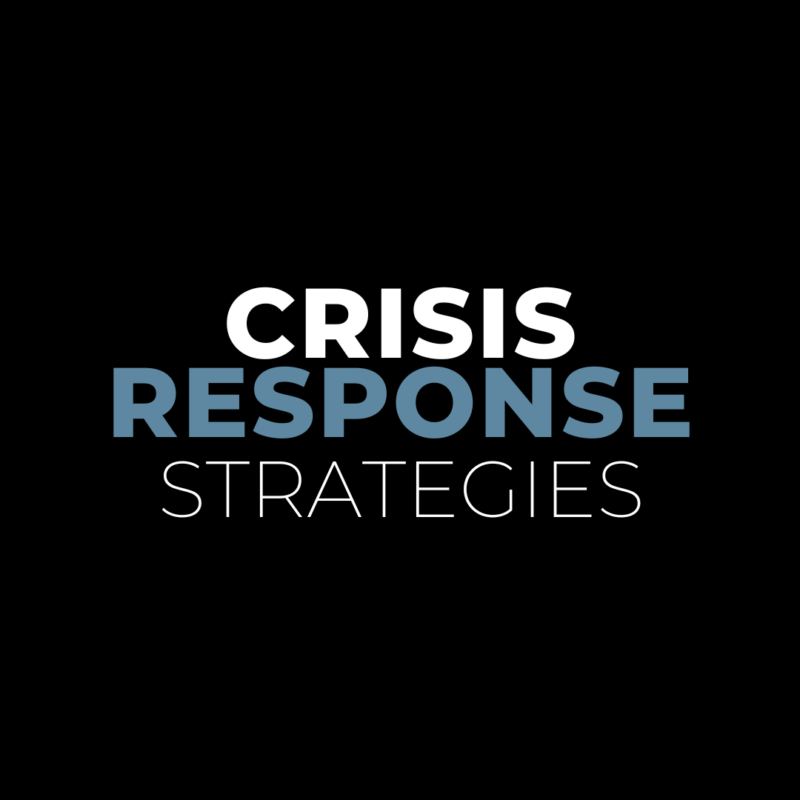Your Statement Seriously Needs Some Seasoning
I am always interested in learning about the new words that have been officially added to the dictionary each year, although many times I’m left wondering how on earth they could have reached the conclusion to add such silly expressions. Additionally, every year us PR folk can expect to see a fresh list of popular public relations and marketing expressions that have been deemed unfit for continued widespread use. (Next year I fully expect “storyteller” to be on the list. Ugh, gag.)
Recently, while driving into work one morning, I was listening to 98.9 News Talk when one of the hosts read a media statement regarding a serious accident in which someone was killed. The official statement from the company went something like, “We are deeply saddened by this tragedy, and our thoughts and prayers are with the family of the individual killed.” Oh give me a break. Is that the best they could do? In that moment I knew my next blog post had to be about phrases that have lost their meaning and sincerity.
I know that when a crisis hits, most companies are probably rushing to their crisis plans (if they have one) to pull whatever was pre-written and approved for a specific situation. However, it just can’t be this way. A well-crafted statement takes a little extra time and should never be a canned response. Why? Because your statement will end up being essentially the exact same as everyone else’s and will lose all sincerity. The Oxford English Dictionary contains 171,476 full entries, 47,156 obsolete words and about 9,500 subentries for derivatives. Try to utilize all those words and put something together that speaks very specifically and uniquely to the situation.
While these statements may be true, they certainly have lost their believability.
- “Your safety is very important to us.”
- “We take this matter very seriously.”
- “We’re taking steps to ensure this doesn’t happen again.”
- “We’re doing everything we can to resolve this issue.”


